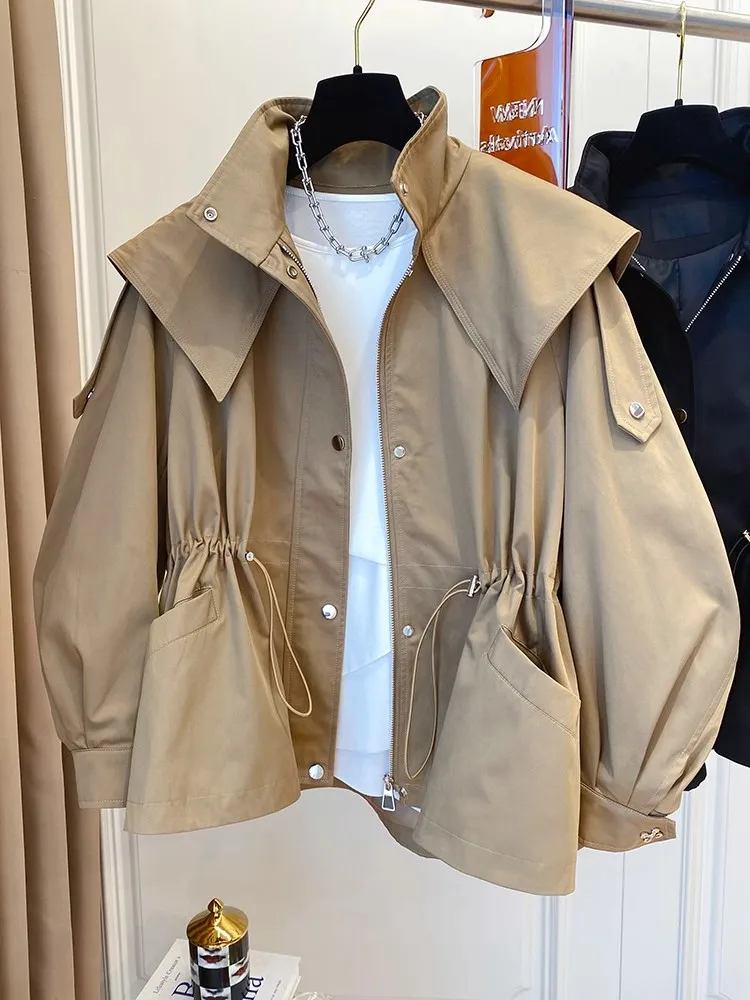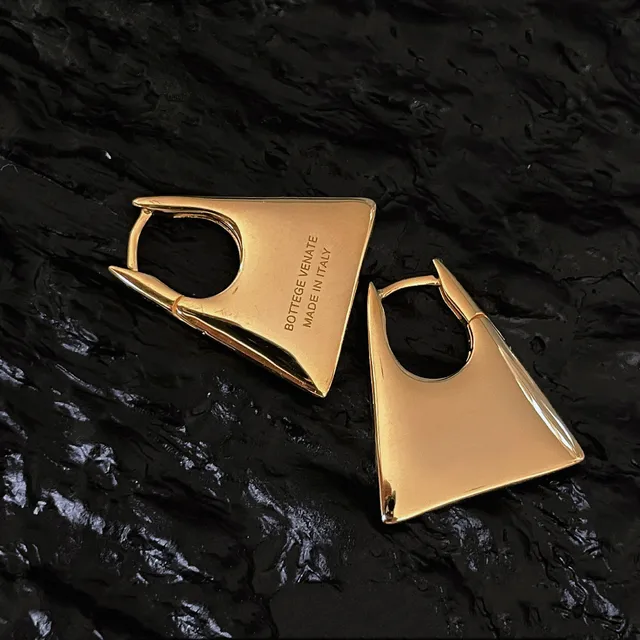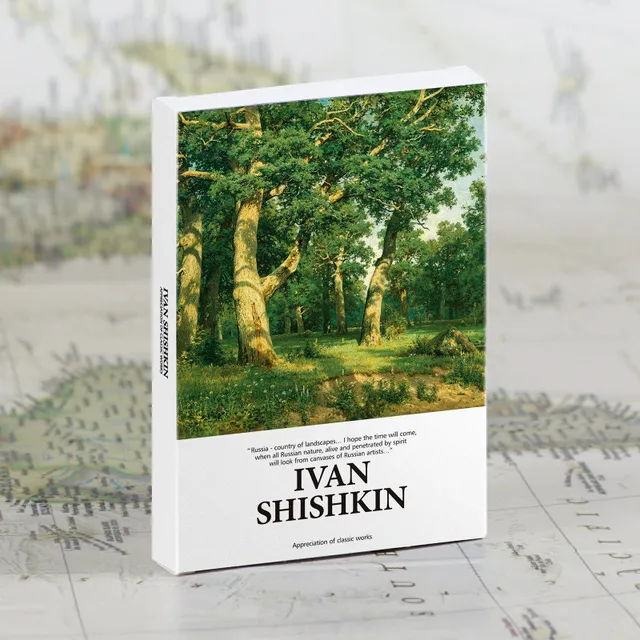There is one thing about travel blogging that really annoys me – and that is that by sharing your thoughts and tips on the Internet you apparently give permission to people to judge you and tell you what they think of you. Don’t get me wrong, I’m all up for constructive criticism, that’s not what I mean. But I never gave anybody the permission to judge me regardless of the context – whether you agree with my views or not, does not matter. Nothing justifies being a pain on the Internet.
Why I’m saying all this will become clear in a few moments. I’m heading to the Faroe Islands today and if you follow us on Facebook you might have noticed a few posts containing travel and packing tips for this place. The islands have become incredibly popular lately and while many people are positive about my upcoming journey, the negative voices are shouting louder.
Even if you don’t know much about the islands you will probably have heard two things about them: their sheer natural beauty and the gruesome tradition of whale hunting. The latter is of course what causes many people to speak up – How can you travel to a place that mistreats animals? or Boycott the whale slaughterers! Yet, I will get on board that flight tonight and visit the Faroe Islands – because I want to make up my mind for myself. Here is why I chose not to boycott the Faroe Islands.
photo by Hans Juul Hansen via flickr
Where do we stop?
It’s funny (or not) that the criticism only rises when it’s about the Faroe Islands, but not when we post about other countries where animals are being mistreated or disrespected on a regular basis. Nobody ever says anything about Japan, France, the Balkans, the United States, Austria or Thailand – maybe unless there is an unreflected reference about elephant riding somewhere in the text or photo. I could continue that list by the way, because animals are being mistreated in basically every country I can think of. But will it help them if we stop traveling all together?
Don’t get me wrong. With this commentary I am not trying to make excuses for Faroese whaling, and I’m not implying that ‘it’s actually not that bad in relation to other countries’. I’m just trying to say that I find it hypocritical to care more about whales than the masses of chickens, cows, dogs, tuna fish, dolphins, sea turtles, geese and all the other animals that are being hunted and killed around the world. Some are endangered species that regularly land on our plates (not mine anymore); some are kept in restrictive spaces in order to make their meat more tender; others are rounded up in extremely stressful situations just to be killed for food or fun; others are killed for nothing other than spectacle.
None of this is right but the point is we still travel to these places. Why hold the Faroe Islands to a different standard than any where else?
And why stop with animals?
There are so many countries where people are being mistreated as well, slaving away in the textile industry, or living lives in oppression and fear because of their gender or religion. Is a general boycott going to help these people? No, looking away and not educating the uninformed masses has never helped anybody. I’m a travel writer – I travel to write inspirational and informative articles, to show people the realities in different parts of the world. And yet, if everybody would only believe what the media tells them, without ever enquiring about things themselves, misinformation or are not far-fetched. I want to see places with my own eyes and ask questions myself.
photo by Stig Nygaard via flickr
Grounded knowledge
I hate the idea of animals being slaughtered; whether it happens for food, tradition or out of cruelty does not really matter. And yet, I think that a bunch of outsiders telling an entire people that what they are doing is wrong according to their own standards, won’t achieve anything. It doesn’t work with religion, racism or politics. Why would it work here? In order to change people’s minds you need to take their culture, traditions and their fears seriously. And for this you need to understand them.
The best way to understand a local tradition is to witness it yourself – not that I’m actually intending to do anything like attending the Gridadrap as a spectator, but I’ll try to do the next best thing and speak to locals about it. Without prejudices or judgement in my voice – Louis Theroux-style. (If you don’t know Louix Theroux, watch his documentaries – many of them are on Netflix!)
When someone comments on our re-post of a packing list for the Faroese Islands not to ‘forget a dagger to slaughter whales’, they haven’t actually taken the time to research the Faroese legislation around how whales may be killed and with which weapons. While obviously killing an animal can never actually be a humane act – but these critics aren’t in for a constructive dialogue, only for ranting judgement.
When someone tells a young woman she is a terrible person for wanting to travel to the Faroe Islands because her boyfriend is from there and she wants to visit his family – I can’t even. This happened in our FB group and I was shocked.
Blind judgement won’t kindle a fruitful conversation about this topic learning and understanding however, grounding your criticism in a deeper understanding of the facts and myths will.
photo by Davide Grola via
Personal Bliss
Yes, you read correctly – I intend to find personal bliss on the Faroe Islands. I love nature, I love the ocean (from the shore), I love watching wildlife, I love the cold wind of the North. Spending a week on a rugged island group in the middle of the North Atlantic sounds to me like tanning on a tropical beach with a coconut cocktail in one hand and a good book in the other might sound to you.
I have the opportunity to visit some of the remotest inhabited islands in Europe, without a visa and with only 1.5h of flight time, and I very much appreciate this. I can’t wait to hike through the eery landscape of rocks just peeking out of the wild sea; to meet puffins and sheep along the way; to sit and stare at the horizon from a remote lighthouse.
I feel like the happiest version of myself when I’m alone surrounded by nature, and I’m convinced that I will find this bliss on the islands.
photo by Hans Juul Hansen via
I don’t approve of killing whales or any other animal, but I decided for myself that I will travel to the Faroe Islands nevertheless and write about the journey for Travelettes. By this I do not promote animal cruelty (just like a post about Thailand doesn’t promote elephant riding, or a post about France doesn’t promote foie gras), but I hope to inspire some wanderlust for the rugged Northern islands, because those are the places I love most.
As I said, you might agree with me, or strongly disagree – and that’s fine. Conversations would be boring if we all had the exact same opinions. If you have constructive criticism to add to this topic, by all means share (and help start or engage in a meaningful conversation about these issues), but if you’re here to just rant about how irresponsible I or Travelettes are for writing about a country where people kill whales, please keep your comments to yourself.
*This post reflects the opinions of the author.





























